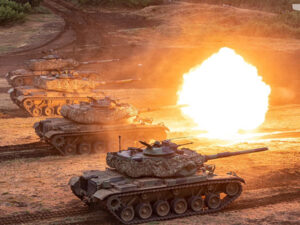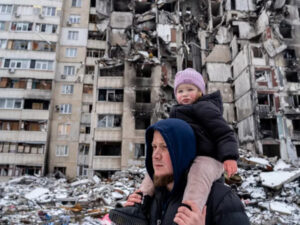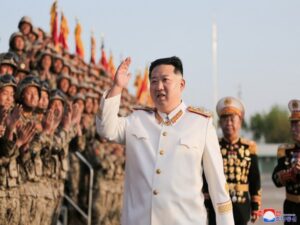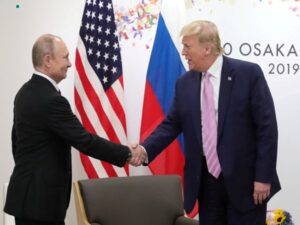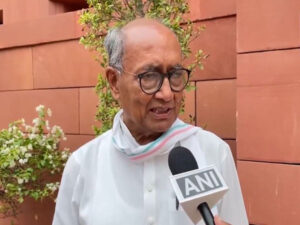
Ottawa [Canada], March 12 (ANI): Over half of Canadians view China as the single biggest security threat facing the nation, with a majority believing that a global war of attrition involving Beijing is already well underway, according to a new poll.
In a new survey by Maru Public Opinion, 52 per cent of respondents viewed China as the highest security threat facing Canada, followed by Russia (42 per cent) North Korea (39 per cent) and Iran (33 per cent), reported National Post.
Furthermore, 55 per cent of respondents said that a global war is already happening in the form of “death by a thousand cuts,” in which some countries use “ongoing activities to destabilize, disrupt and undermine” the sovereignty and political institutions of their adversaries.
This comes amid strained relations between Beijing and Ottawa, with China‘s detainment of two high profile Canadians – Michael Spavor and Michael Kovrig. Concerns have also risen over security risks should Chinese telecom giant Huawei Technologies be allowed to build Canada‘s next-generation mobile networks.
John Wright, executive vice-president of Maru Public Opinion, said the results could point to a hardening view among the Canadian public toward China amid increasing tensions between both sides.
“The public, without the benefit of defence strategy and policy to review, have come to a conclusion themselves… And this is based on what they’ve seen, read, heard, or personally experienced. So no matter what governments do, no matter what diplomatic envoys convey, the public has reached a full decision that China is a significant risk to Canada‘s security,” he said.
Wright further said that the respondents of the survey were likely informed by the general “accumulation of attacks” carried out by China and other countries in recent years, especially regarding cyber security, National Post reported.
Observers also say that the results of the survey show a growing eagerness to take a more aggressive stance towards China, even if the public hasn’t fully considered the economic or political fallout that could befall Canada if that happens.
Meanwhile, conservative opposition leader Erin O’Toole has said he would take a tougher stance on China, including the use of sanctions on some Chinese officials.
In the past, China has attacked Canada on the cyber front, most notably the 2011 hack of the Finance Department, Treasury Board, and Defence Research and Development Canada, which effectively forced the temporary shutdown of government servers, according to National Post.
Charles Burton, a senior fellow at the Ottawa-based Macdonald-Laurier Institute, said the Canadian public has become more acutely aware of cyber security threats as Huawei proposes to build a sizeable chunk of Canada‘s next-generation mobile networks.
He also said that threats of Chinese cyber threats have arisen particularly in the area of industrial espionage, including concerns that the People’s Liberation Army could be supplying sensitive data to Chinese firms as a way to boost their competitive advantage. (ANI)







